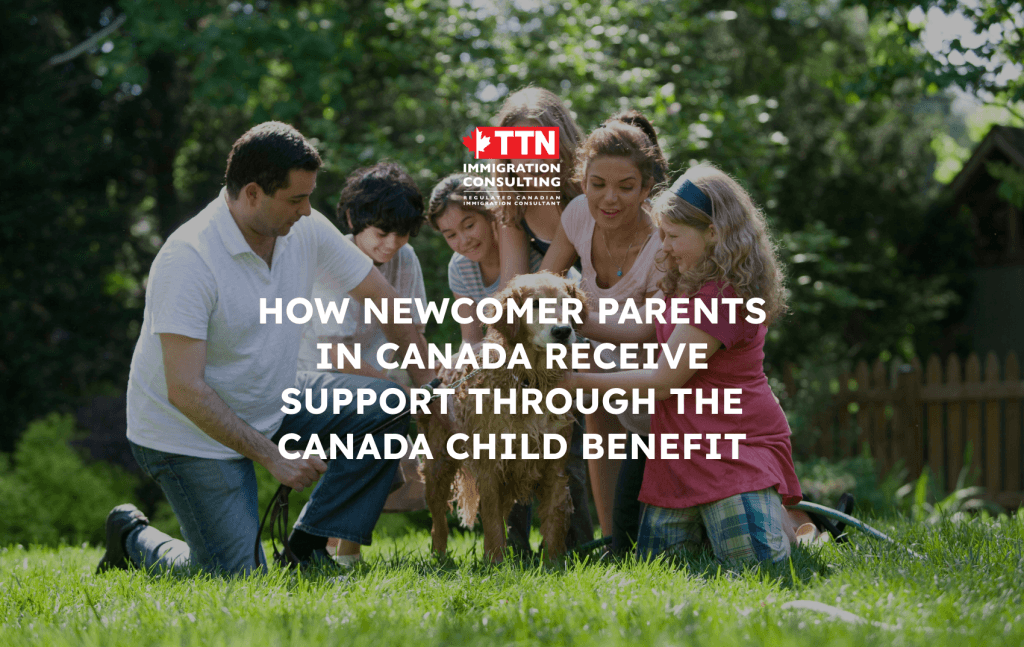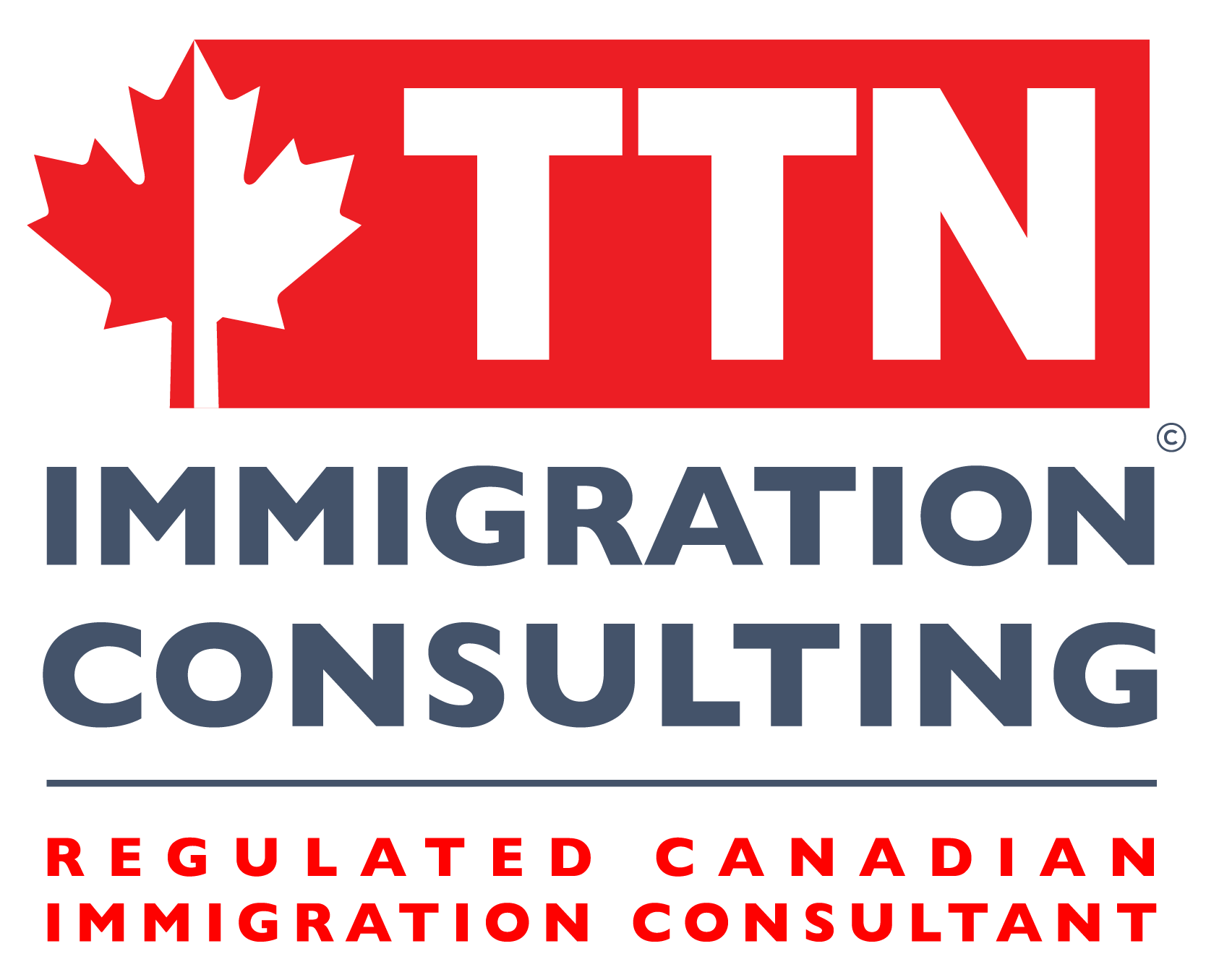How Newcomer Parents in Canada Receive Support Through the Canada Child Benefit
The Canada Child Benefit (CCB) is a payment from the Canadian government, providing up to $619.75/month for each child under 6 years old, and $522.91/month for each child aged 6-17. A recent Statistics Canada study examined the benefits and impacts of the CCB on newcomer couples and families, shedding light on why some couples received the payment while others did not.

What is the CCB?
The Canada Child Benefit (CCB) is a tax-free monthly payment provided to eligible families to assist with the cost of raising children under 18. For new permanent residence arriving in Canada with children, the CCB serves as a crucial source of income, helping to alleviate the financial strain of settling in a new country. Eligibility for the CCB is primarily based on residency status and income levels, which are verified through tax returns and employment records.
CCB uptake among new Couples with PR
A study by Statistics Canada examined the take-up rates of the Canada Child Benefit (CCB) among newly landed permanent residence couples from 2016 to 2019. The findings revealed that a large majority of these couples received the benefit, with 79% to 85% receiving the CCB in the year following their arrival in Canada.
The study also highlighted the strong connection between CCB receipt and a couple's employment history in Canada, which is typically verified through a T4 employment income record or a T1 income tax return. For couples where at least one spouse had paid employment income, the CCB take-up rate was notably high, ranging from 93% to 95%. This suggests that PR couples with active employment are more likely to meet the residency requirements for the CCB.
In contrast, couples without employment income or those who did not file a T1 tax return had significantly lower chances of receiving the CCB, with take-up rates dropping below 10% for those without T1 or T4 records. This indicates that such couples may not be residing in Canada or may not have completed the necessary steps to establish eligibility for the benefit, even if they are physically present in the country.
Implications for newcomers
Receiving the Canada Child Benefit (CCB) is highly dependent on filing a T1 tax return or having a T4 employment income record. This is particularly important for new permanent residents (PRs), as the CCB can serve as a financial buffer. For instance, CCB payments begin to decrease when a family’s adjusted net income surpasses $36,502.
Newcomer couples can earn up to $7,787/year for each child under 6 and $6,570/year for each child aged 6 to 17. For a family earning $36,502 annually, the CCB can increase their income by 18-20%, highlighting its significant financial impact.
Additionally, the study points out that CCB payments can be issued retroactively. This means that even if there is a delay in receiving the benefit after arriving in Canada, eligible families can still receive payments for the months they were entitled to but did not initially receive.
How to apply for the CCB
Parents of a newborn can apply for the Canada Child Benefit (CCB) through the Automated Benefits Application, by accessing the “Apply for child benefits” section in their personal Canada Revenue Agency (CRA) account, or by mailing the RC66 Canada Child Benefit Application to their nearest tax center.
Newcomers must also complete and submit Form RC66SCH, Status in Canada and Income Information, if any of the following apply to them or their spouse/common-law partner:
- They became a resident of Canada (newcomer or returning resident) within the last two years;
- They obtained Canadian citizenship within the last 12 months;
- They are a permanent resident, protected person, or temporary resident who has lived in Canada for at least 18 months, as defined by the Immigration and Refugee Protection Act;
- They are not a Canadian citizen but are registered or entitled to be registered under the Indian Act.
If the CRA has not previously paid benefits to a newcomer or their spouse for their child, proof of birth must also be provided. This proof should include the child’s last name, given name, and date of birth.
Additionally, newcomers need a Social Insurance Number (SIN) to access the CCB and other government benefits.
For more information on required documents or to view a list of payment dates for the CCB and other government programs, visit the CRA website.
English: https://ttnimmigration.ca/vi/en/tro-cap-tre-em-canada-ccb-cho-cac-gia-dinh-moi-den-canada/

